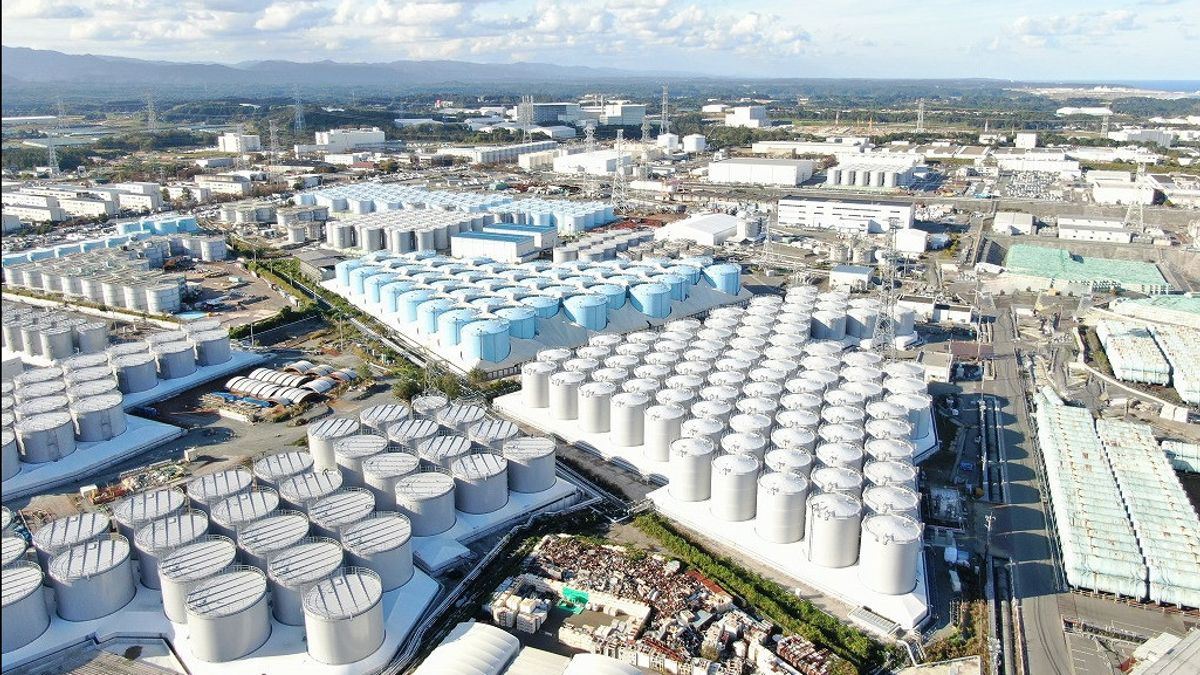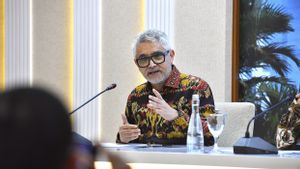JAKARTA - China and Japan reached an agreement on the disposal of wastewater from the damaged Fukushima nuclear power plant, the two governments said on Friday, paving the way for restarting seafood shipments from Japan to China.
Under the agreement, Japan will make long-term international monitoring arrangements and allow stakeholders to conduct independent sampling and monitoring.
"We convey that we are ready to carry out additional monitoring of processed water," Japanese Prime Minister Fumio Kishida told reporters.
"Chingkok in turn said it would begin to review its import restrictions on Japanese marine products, and will continue to increase imports for products that meet Chinese standards," he continued.
"Chinese criteria that must be met by Japanese products are not specifically for certain countries and apply to all imports," he added.
Separately, Chinese Foreign Ministry spokesman Mao Ning said, however, the deal did not mean the immediate resumption of imports and that Beijing remained against the water disposal from Fukushima.
"We will conduct technical consultations with the Japanese and gradually continue to import Japanese aquatic products," he said at a regular press conference in Beijing.
Japan's position that the ban must be lifted immediately remains unchanged, Foreign Ministry official Hiroyuki Namazu said at a briefing following Kishida's announcement.
"There is no clear schedule when Beijing's import restrictions will be lifted, or what steps can be taken to make that happen," he added.
Meanwhile, the IAEA (International Atomic Energy Agency) welcomed the agreement.
"I would like to commend the Japanese government for its continued involvement with the IAEA, and the Chinese government for the constructive consultations held with the agency in supporting this bilateral process which reached a positive conclusion today," said Director General Rafael Grossi.
Beijing banned the purchase of seafood originating from Japan about a year ago, citing the risk of radioactive contamination after Tokyo Electric Power began disposing of processed water from the Fukushima nuclear power plant into the Pacific Ocean.
SEE ALSO:
Prior to the ban, the Bamboo Curtain Country was the largest market for Japanese seafood exports. Japan's export of agricultural, forestry and fishery products in the first half of 2024 fell for the first time since 2020, which was affected by China's ban.
Japan began pumping more than one million metric tons of radioactive water processed from the Fukushima Daiichi nuclear power plant which was destroyed by the 2011 earthquake and tsunami, in August 2023. This process will take decades to complete.
Japan has declared the PLTN's release safe, noting the IAEA has also concluded the impact it will have on humans and the environment is "negligible".
The English, Chinese, Japanese, Arabic, and French versions are automatically generated by the AI. So there may still be inaccuracies in translating, please always see Indonesian as our main language. (system supported by DigitalSiber.id)


















